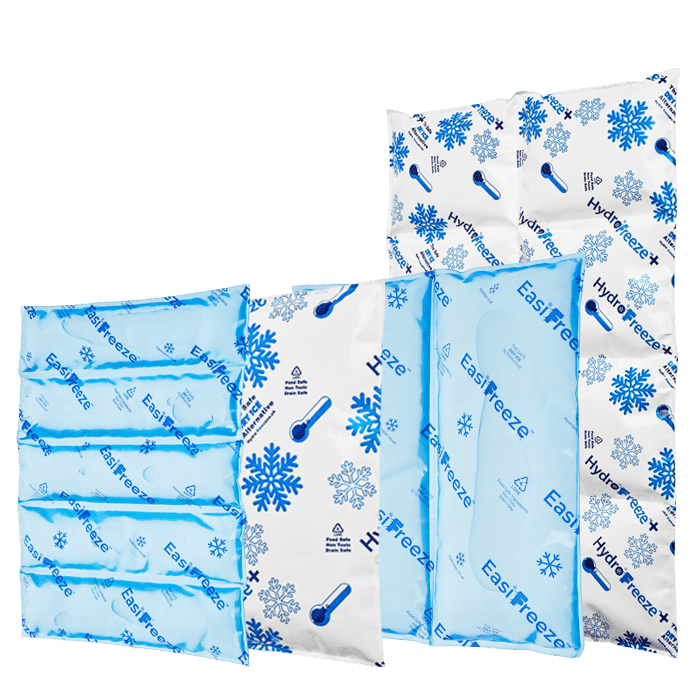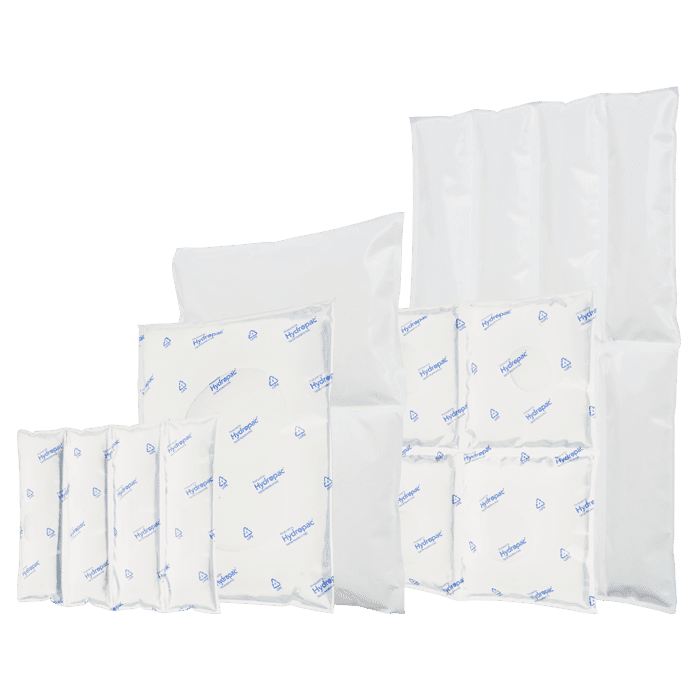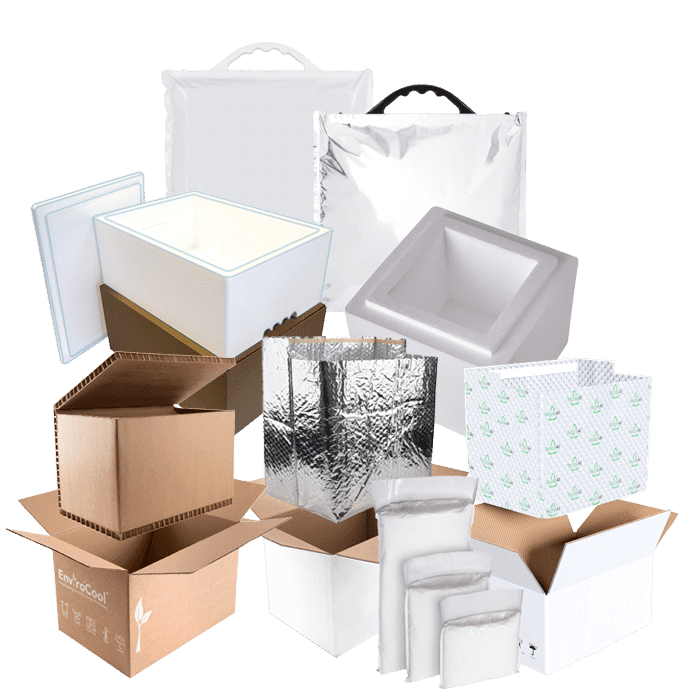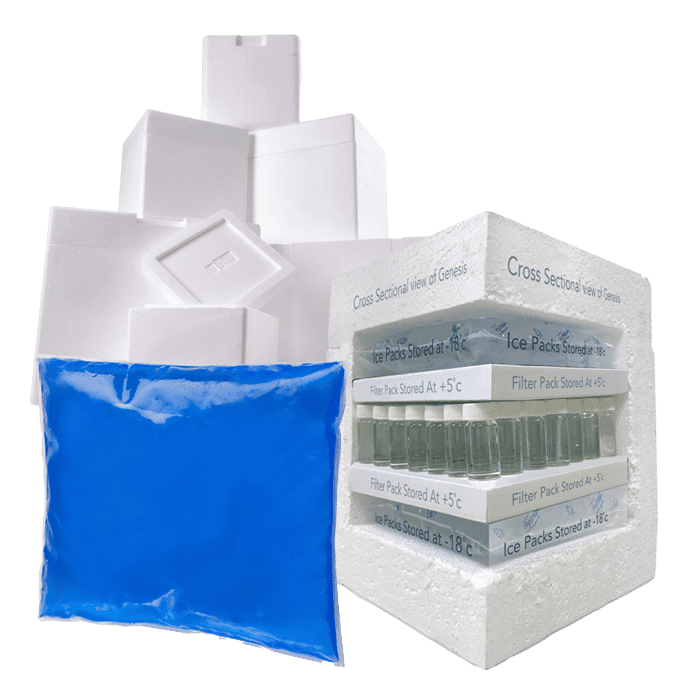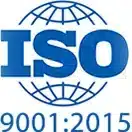10 things you can’t put in your household recycling
You would think that recycling household waste is a straightforward and easy way to ‘do our bit’ for the environment, but it is not that simple. Unfortunately, failure to recycle the correct things means that lots of recyclable waste ends up in landfill.
There is a good chance that you are recycling your household waste incorrectly, even though you have good intentions. To make things clearer, we have put together some household waste items you can’t put into your recycling.
- Crisp and sweet packets – Crisp packets, sweet packets and other metallised plastic films cannot be recycled due to the residue that clings onto them after use. Crisp packets could be recycled if there was a separate process created to remove the contaminating residue, but this is currently not an option.
- Premade salad bags – Bags that contain premade salad and leaf mixes cannot be recycled because they are a combination of multiple different plastics, making them difficult to separate in the recycling process. Numerous plastics are used to ensure the bag stays airtight to keep the pre-prepared salad inside fresh. However, some supermarkets are moving towards materials that can be recycled, so check for a recycle symbol before you dispose of it.
- Makeup removal pads and wipes – Cotton wool pads and makeup removal wipes can’t be recycled, but pads that are 100% cotton can be added to the compost bin. This is only if it hasn’t got any residue in it that could contaminate the compost.
Custom chilled solutions for you
Hydropac offers every customer a customized solution for chilled and conditioned shipping. For example, we help a customer with limited freezing capacity to deliver gel packs frozen and ready to use, and we can manufacture almost all shapes and sizes of cooling elements. As a customer, you come first: we are here to help you.
- Sticky notes – Sticky notes are mostly made of paper, but the sticky strip at the top can’t always be removed during the recycling process, so they are usually refused at many centres.
- Paper receipts – You would expect paper receipts to be recyclable, but not all of them can be recycled! Receipts printed on thermal shiny paper are coated in bisphenol A or bisphenol S which is harmful when recycled and released into the environment.
- Mirrors – Mirrors are hard to recycle because they are coated with a film that makes them reflective. Recycling regular glass with mirror would result in glass that is unusable.
- Aerosol cans – Unlike other regular drink and food cans, aerosol cans shouldn’t be recycled. Whether they contain spray paint, deodorant or whipped cream, the pressurised air that is inside of the container can make it difficult to recycle efficiently.
- Kitchen roll – Kitchen rolls and paper towels are often and understandably put into the recycling bin. However, they should not be recycled because most of the time they have residue or food on it that contaminate the other recyclables. Paper towels are also more than likely already a product of recycling in the past and their fibres are too short to go through the recycling process again. However, the brown cardboard tube in the centre of toilet rolls and kitchen rolls can be recycled.
- Black plastic – Black plastic is undetectable when it goes through sorting equipment at recycling centres, so it gets put into landfill regardless of if it is a recyclable material or not.
- Wood – Although you would expect wood to be able to be recycled, it can be a complicated process because anything covered in a finish, including wax, varnish, paint and wood treatment cannot be recycled. Completely untreated wood can be recycled but it is probably not a good idea to put it in your household recycling bin. Instead, you can take it to a local wood recycling specialist.
What can be recycled in the UK differs from area to area, so make sure you check your local council website for more information regarding the recycling processes in your area.
Sustainability Hydropac and CSR
Sustainability isn’t just a trend for us – it’s a promise. As we innovate, create, and lead, we keep our planet’s well-being at the forefront. With Hydropac, you’re not just preserving the quality of your cargo; you’re contributing to a healthier world.
Experience the power of sustainable temperature assurance with Hydropac – where excellence and environmental responsibility coexist for a brighter future.

